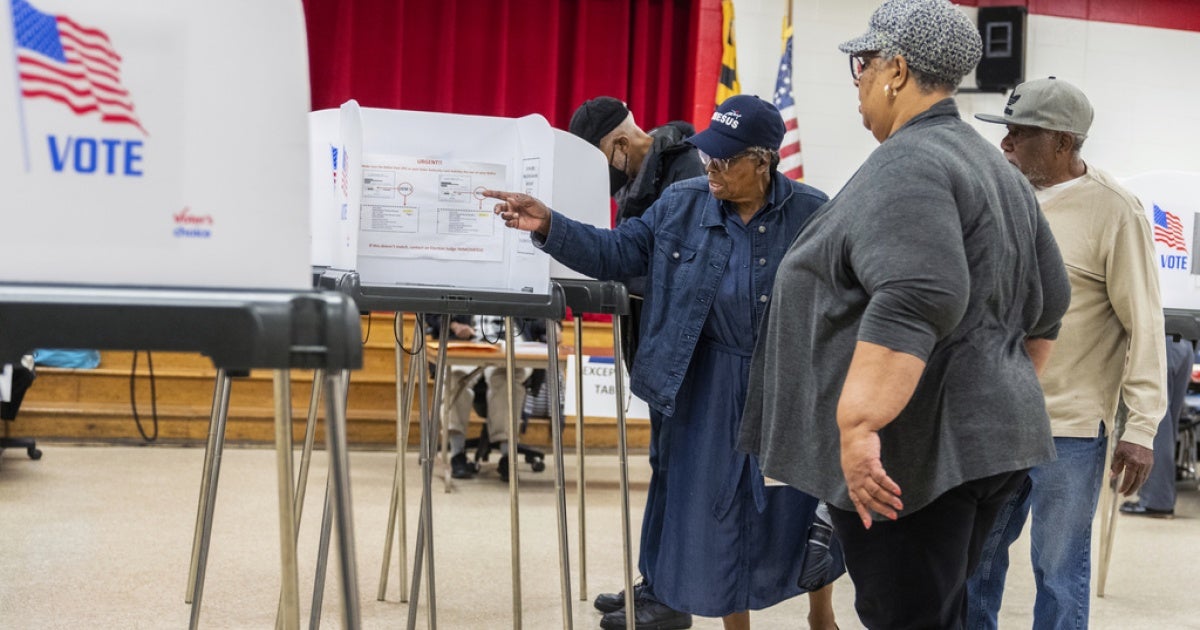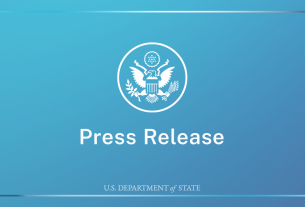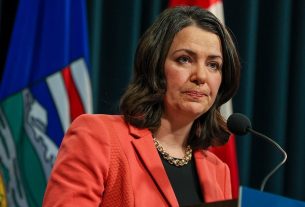The United States will hold federal elections on November 5. But as people prepare to head to the polls, both voters and election administrators face threats and intimidation from those trying to subvert the democratic process.
US election officials should be able to do their jobs in safety. Nevertheless, election administrators in Colorado and Arizona have faced online threats, Michigan administrators received threatening voicemails, and some in Georgia, Nevada, California, Oregon, and Washington were sent fentanyl-laced letters. One survey found one in four local election administrators experienced abuse, harassment, or threats during the last two election cycles.
Voters also need protection. In a 2022 survey, 43 percent of respondents reported concerns about intimidation or threats of violence while voting. Earlier this year, Texas officials appealed a court ruling that overturned a voting fraud conviction against Crystal Mason, a Black woman, for attempting to cast a provisional ballot while on probation. Such extreme prosecutions can intimidate eligible voters, especially those who have had experiences in or with the criminal system.
Recent polling suggests that 97 percent of naturalized citizens are likely to exercise their legal right to vote this November. But in Tennessee, the state government has sent letters to over 14,000 naturalized citizens asking them to prove their citizenship before casting their ballots. Meanwhile, authorities in Texas are asking people in the state to submit tips on perceived illegal voting. These actions may lead to an increase in harassment and disenfranchisement of Latinx or naturalized citizen voters.
While these concerns are real, the United States is thankfully home to a vibrant network of democracy protection activists, organizations, and attorneys with a long history of effectively pushing back on violations of the rights of voters and election administrators alike. Human rights standards also provide governments, including those at the US federal, state, and local levels, with clear guidance on administering fair elections.
Government officials and the voting public can follow 10 basic principles to protect rights in the upcoming elections and ensure a safe, nonthreatening environment now and in the future.



